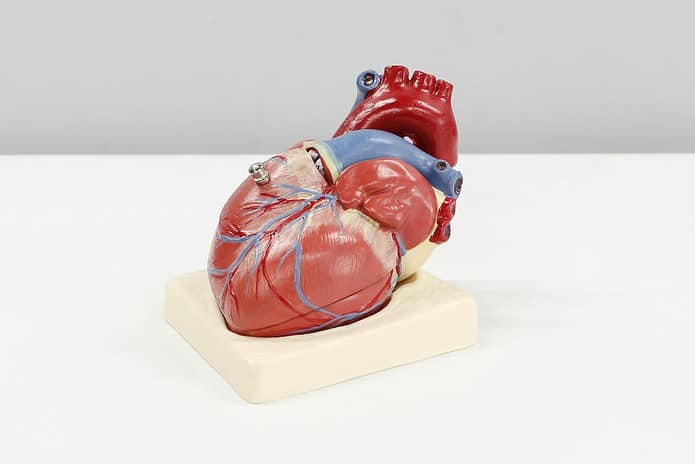When an unthinkable cardiac event occurs, the jolt to a patient’s life and the road to recovery can at times feel challenging and overwhelming. But Tampa General Hospital (TGH) Brooksville now offers a comprehensive service that gets right to the heart of returning to a healthy lifestyle: the TGH Cardiac Rehabilitation Program.
“Our goal is to improve cardiovascular fitness, function and knowledge in a way that is both safe and enjoyable,” said Cardiac Rehab Coordinator Aaron Topping, BSN, RN, CVRN. “We want patients to have fun on the road to recovery, increasing the likelihood of maintaining their newly acquired healthy lifestyle and habits.”
Phase I of the program begins while a patient is still in the hospital following a cardiac event. Phase II is a 12-week outpatient program consisting of 36 sessions – individualized training within a group setting – of progressive, monitored exercise. Initial program and discharge reports, highlights of improvements, and status changes are regularly shared with the referring physician.
In addition, educational materials and counseling regarding heart disease, diabetes, medications, nutrition and weight loss, stress management, risk factor identification, and modification – as well as smoking cessation- are provided to each participant. To ensure safety, patients’ heart rates and heart rhythms are continuously monitored with a mobile ECG telemetry system, which gathers cardiac data from a sensor via Bluetooth.
But that is only part of the program’s varied approach. Exercise classes are held three times a week (Monday, Wednesday and Friday), with five classes from which to choose, with locker room facilities available for patients before and after classes.
The Cardiac Rehab Team includes a highly trained support lineup: the medical director, a cardiac rehab registered nurse, a registered physical therapist, an exercise physiologist and an athletic trainer. Furthermore, each team member is certified in advanced cardiac life support, while the program is certified by the American Association of Cardiovascular and Pulmonary Rehabilitation.
The cardiac rehab program benefits anyone who has had:
• Heart disease, such as coronary artery disease (CAD), stable angina or a heart attack
• Coronary artery bypass grafting (CABG) surgery, balloon catheter and Percutaneous coronary intervention (PCI) stent procedure or valve replacement or repair
• Heart transplant
• Heart failure
The program has been clinically proven to strengthen one’s heart, reduce chances of ending up back in the hospital, potentially increase life expectancy by as much as five years, relieve common cardiac symptoms (such as chest pain) and build healthier habits that increase energy.
To learn more about the program visit
TGHNorth.org/CardiacRehab.

